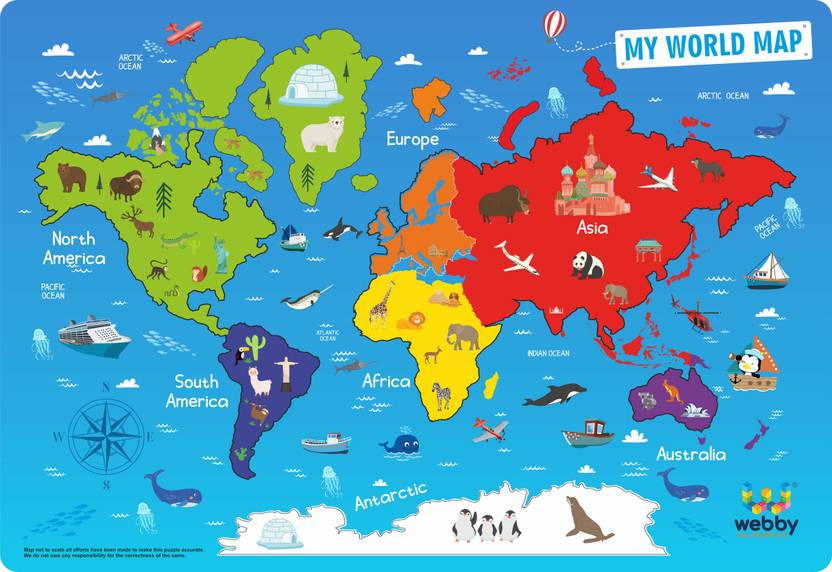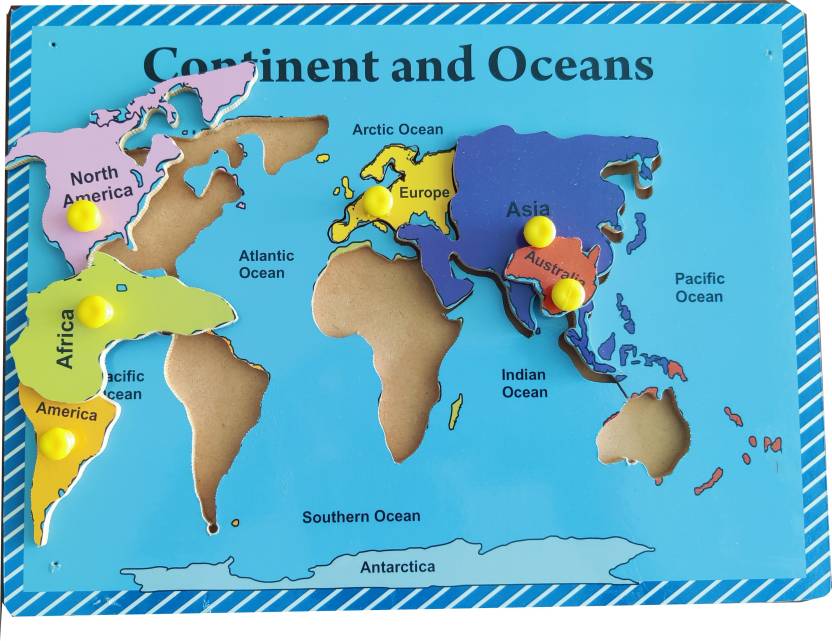18, May 2024
Navigating The Continent: Exploring The Educational Value Of Map Games
Navigating the Continent: Exploring the Educational Value of Map Games
Related Articles: Navigating the Continent: Exploring the Educational Value of Map Games
Introduction
With great pleasure, we will explore the intriguing topic related to Navigating the Continent: Exploring the Educational Value of Map Games. Let’s weave interesting information and offer fresh perspectives to the readers.
Table of Content
- 1 Related Articles: Navigating the Continent: Exploring the Educational Value of Map Games
- 2 Introduction
- 3 Navigating the Continent: Exploring the Educational Value of Map Games
- 3.1 The Educational Benefits of Map Games
- 3.2 Types of Map Games for Africa
- 3.3 FAQs about Map Games for Africa
- 3.4 Tips for Using Map Games Effectively
- 3.5 Conclusion
- 4 Closure
Navigating the Continent: Exploring the Educational Value of Map Games

The African continent, with its diverse landscapes, rich history, and vibrant cultures, offers a fascinating subject for exploration. Learning about its geography and individual countries can be an engaging and enriching experience, particularly through the use of interactive map games. These games, often incorporating elements of puzzles, quizzes, and challenges, provide a fun and effective way to acquire knowledge about the continent’s intricate political and geographical landscape.
The Educational Benefits of Map Games
Map games, when designed with educational intent, can contribute significantly to a learner’s understanding of Africa. They can:
1. Enhance Spatial Reasoning and Memory: By engaging with maps, learners develop their spatial reasoning skills, improving their ability to visualize locations and understand relationships between different places. The act of recalling country names and positions on the map strengthens memory retention.
2. Foster Geographical Literacy: These games introduce learners to the names, locations, and borders of African countries, fostering geographical literacy. They provide a foundation for understanding the continent’s political structure and the spatial distribution of its diverse populations.
3. Promote Cultural Awareness: Map games often incorporate elements of cultural information, introducing learners to the diverse languages, religions, traditions, and economies of different African countries. This exposure fosters cultural awareness and appreciation for the continent’s rich tapestry.
4. Ignite Curiosity and Interest: The playful nature of map games can pique curiosity and spark interest in learning more about Africa. The challenge of identifying countries, solving puzzles, and accumulating points can motivate learners to explore further and delve deeper into the continent’s history, culture, and current events.
5. Provide a Collaborative Learning Environment: Map games can be played individually or in groups, encouraging collaboration and communication among learners. Working together to solve challenges and identify countries promotes teamwork and strengthens understanding through shared learning.
Types of Map Games for Africa
A wide variety of map games cater to different learning styles and age groups. Some popular formats include:
1. Traditional Map Quizzes: These games involve identifying countries on a blank map, either by name or by matching them to their corresponding locations. They provide a basic foundation for learning about the continent’s geography.
2. Interactive Online Games: Many online platforms offer interactive map games with various challenges, such as matching capitals to countries, identifying geographical features, or answering trivia questions related to African countries.
3. Board Games: Board games specifically designed for learning about Africa offer a fun and engaging way to explore the continent’s geography, history, and culture. They often incorporate elements of strategy, teamwork, and knowledge acquisition.
4. Educational Apps: Mobile apps dedicated to learning about Africa, often incorporating map games and quizzes, provide a convenient and accessible way to engage with the continent’s geography.
5. Role-Playing Games: Some educational games allow learners to take on the roles of different African leaders or historical figures, immersing them in the continent’s history and culture.
FAQs about Map Games for Africa
1. What is the best age to introduce map games for learning about Africa?
Map games can be introduced at various ages, adapting the complexity and content to the learner’s developmental stage. Younger children can benefit from simple map quizzes and interactive games, while older learners can engage with more challenging games incorporating historical and cultural information.
2. How can I find suitable map games for my specific needs?
Many online resources, educational stores, and app stores offer a wide variety of map games for Africa. Consider the age group, learning objectives, and preferred format when selecting a game.
3. Can map games be used in educational settings?
Yes, map games are valuable tools for teachers and educators to engage students in learning about Africa. They can be incorporated into classroom activities, homework assignments, or even used as part of a larger curriculum unit on the continent.
4. Are there any limitations to using map games for learning about Africa?
While map games offer a valuable tool for learning, it is crucial to remember that they are just one component of a comprehensive learning experience. They should be complemented with other resources, such as books, documentaries, and real-life experiences, to provide a holistic understanding of the continent.
5. How can I make map games more engaging and impactful?
Encourage learners to share their discoveries and insights, fostering discussions about different countries, cultures, and historical events. Incorporate real-life examples and stories to connect the game to the real world, enhancing its relevance and impact.
Tips for Using Map Games Effectively
1. Tailor the Game to the Learners’ Age and Interests: Select games that are appropriate for the learner’s developmental level and align with their interests.
2. Set Clear Learning Objectives: Define the specific learning goals you hope to achieve through the game, such as identifying countries, understanding geographical features, or learning about cultural aspects.
3. Encourage Active Engagement: Promote active participation by asking questions, encouraging discussions, and facilitating problem-solving.
4. Provide Feedback and Support: Offer constructive feedback and support to learners as they engage with the game, addressing any misconceptions or difficulties.
5. Integrate the Game into a Broader Learning Experience: Connect the game to other learning activities, such as reading books, watching documentaries, or researching specific topics related to Africa.
Conclusion
Map games provide a fun, engaging, and effective way to learn about the African continent. They enhance spatial reasoning, foster geographical literacy, promote cultural awareness, ignite curiosity, and provide a collaborative learning environment. By integrating these games into educational settings and personal learning experiences, individuals can develop a deeper understanding and appreciation for the diverse and fascinating world of Africa.








Closure
Thus, we hope this article has provided valuable insights into Navigating the Continent: Exploring the Educational Value of Map Games. We hope you find this article informative and beneficial. See you in our next article!
- 0
- By admin
